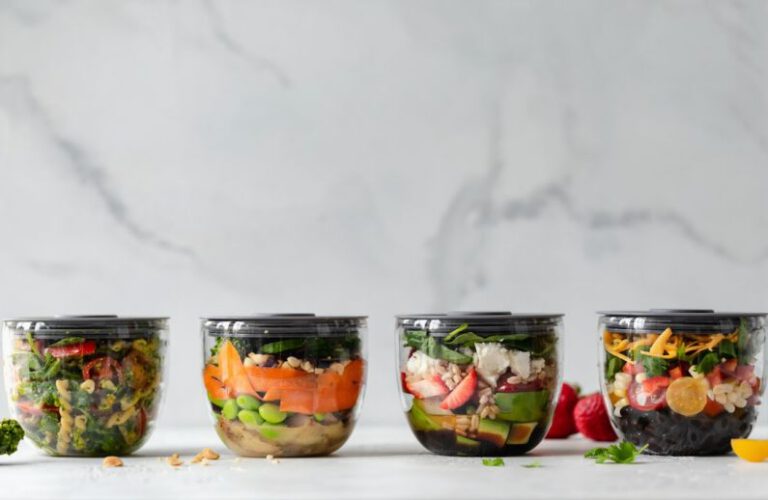How to Store Eggs to Maintain Freshness
Eggs are a staple in many households, and ensuring their freshness is essential for both taste and food safety. Storing eggs properly can help maintain their freshness and quality for a longer period of time. If you’re wondering how to store eggs effectively, here are some helpful tips to keep in mind.
Choose Fresh Eggs
The first step in ensuring the freshness of your eggs is to choose them wisely. When purchasing eggs, check the expiration date on the carton. Select eggs that have a later expiration date to give yourself more time to use them. Additionally, inspect the eggs for any cracks or damage on the shell, as this can affect their quality.
Refrigerate Eggs
Contrary to popular belief, refrigerating eggs is the best way to keep them fresh. The temperature inside a refrigerator is cool and stable, which helps slow down the growth of bacteria. Place your eggs in the main compartment of the refrigerator, rather than on the door, as the door experiences more temperature fluctuations.
Store Eggs in Their Original Carton
Eggs are typically packaged in a specific type of carton that helps protect them from damage and contamination. It’s best to store eggs in their original carton, as it provides a cushion for the eggs and helps prevent them from absorbing any odors from other foods in the refrigerator.
Avoid Washing Eggs
Eggs have a natural protective coating called the cuticle, which helps keep them fresh and prevents bacteria from entering through the shell pores. Washing eggs removes this protective coating, making them more susceptible to contamination. It’s best to leave the eggs unwashed until you are ready to use them.
Keep Eggs Away from Strong Odors
Eggs have a porous shell, which means they can easily absorb strong odors from other foods in the refrigerator. To prevent your eggs from taking on unwanted smells, store them away from foods with strong odors, such as onions, garlic, and fish. If necessary, you can also place them in a sealed container or an egg holder to further protect them.
Rotate Eggs
To ensure that you’re using the oldest eggs first and preventing any from going bad, it’s important to practice egg rotation. When you buy a new carton of eggs, place them at the back of the refrigerator and move the older eggs to the front. This way, you’ll always use the oldest eggs first, minimizing the chances of any going bad.
Use a Separate Container for Cracked Eggs
If you accidentally crack an egg, it’s important to handle it properly to prevent any contamination. Place the cracked egg in a separate container, such as a small bowl or a plastic bag, and store it in the refrigerator. Make sure to use the cracked egg as soon as possible, as it will spoil faster than intact eggs.
Conclusion: Enjoy Fresh Eggs for Longer
By following these simple tips, you can maintain the freshness of your eggs and ensure their quality for a longer period of time. From choosing fresh eggs to refrigerating them properly and avoiding strong odors, these practices will help you enjoy delicious and safe eggs in your meals. Remember to always check the expiration date and inspect the eggs for any damage before purchasing them. With the right storage techniques, you can make the most out of your eggs and reduce food waste.






